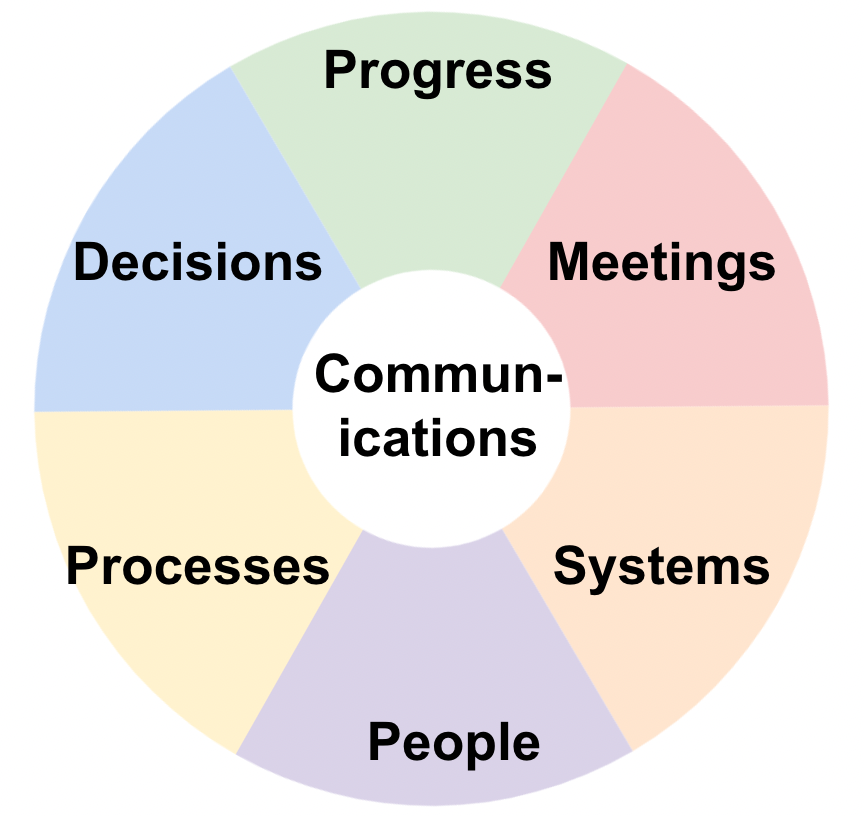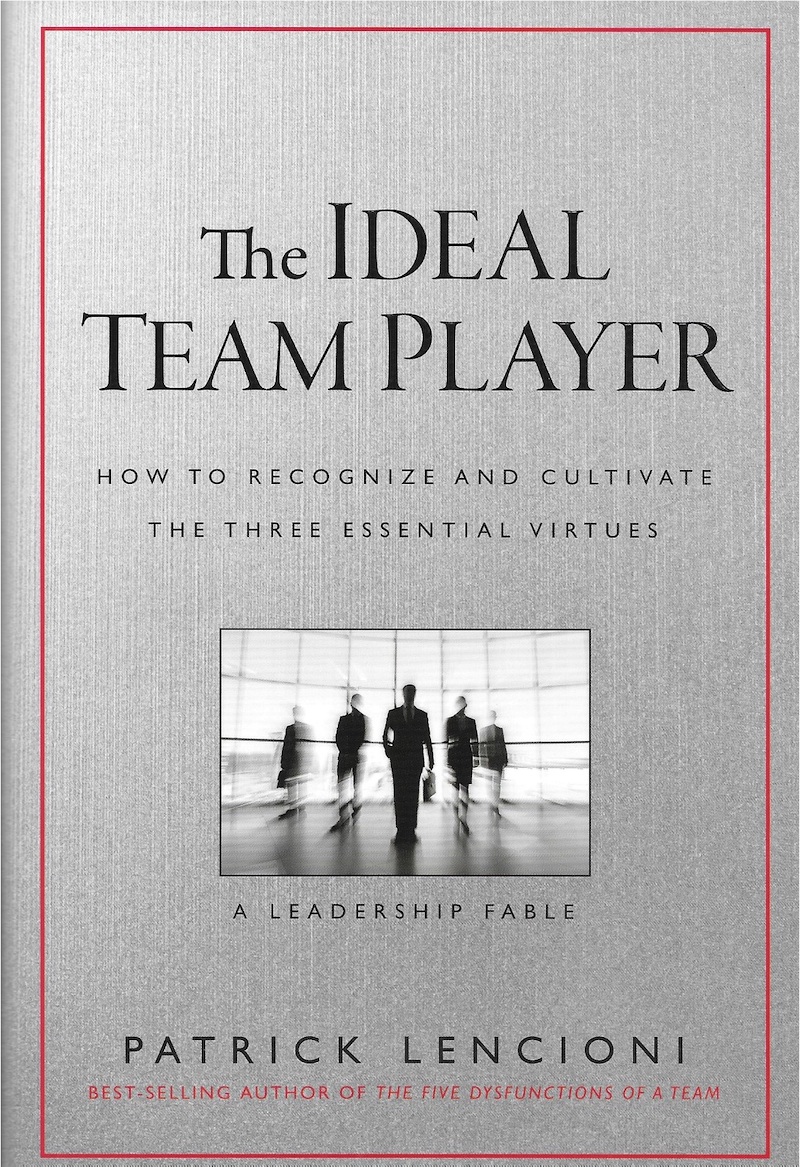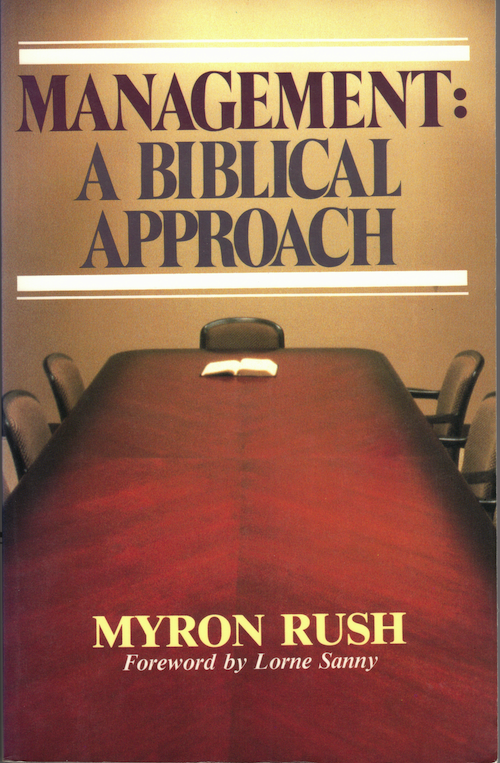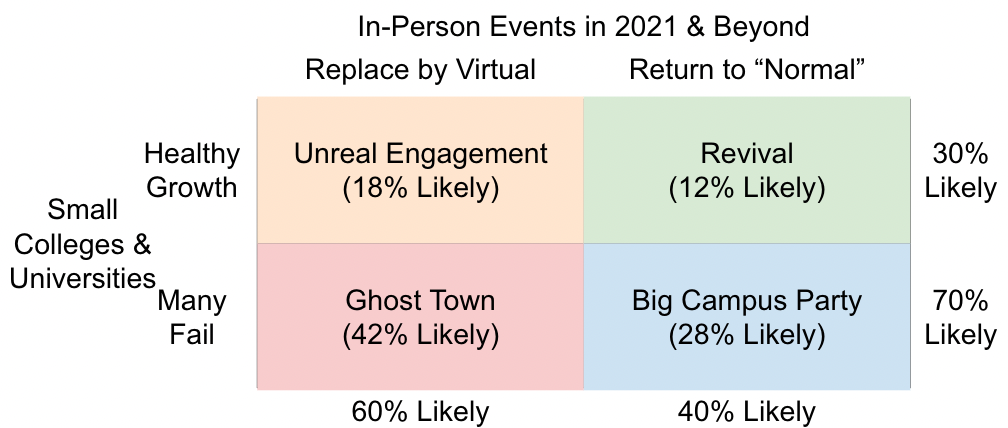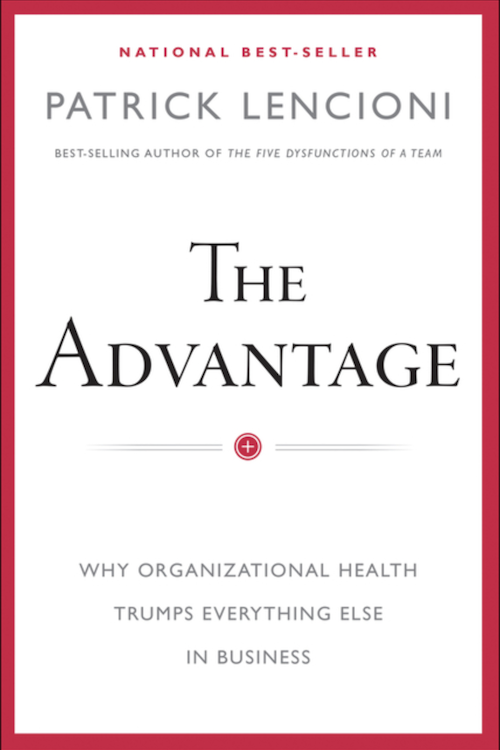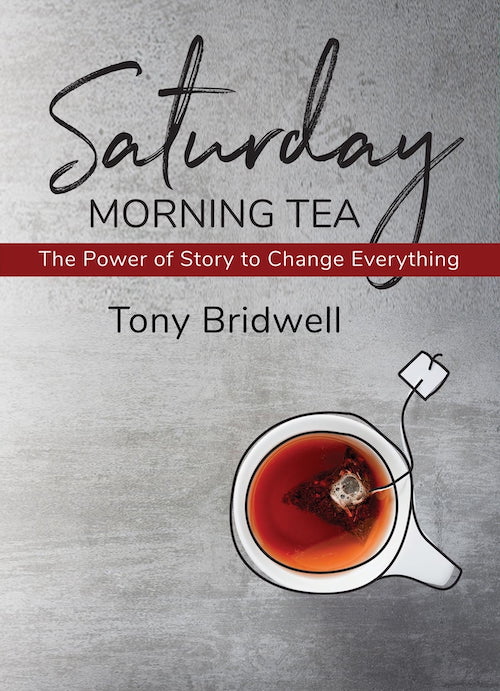What is a Business Operating System?
As a consultant, my job is to help my clients figure out how their businesses could operate better. In my discussions with clients, my questions typically seek to uncover the business’ “operating system” — the business practices that define how the company does its work day after day.
In the best cases, these practices are consistent and well understood across the organization. They’ve been developed thoughtfully given who the company is and what they are working to accomplish. They are coordinated across departments and naturally everyone in the business is pulling together in the same direction. In these cases, my job is relatively easy. The conversation with leaders is a straightforward analysis of how to tweak the operating system or add some new capabilities to adjust to the changing situation or address the current issue.
But most cases aren’t “best cases.” For most companies, how they operate has developed organically over years as different people have come and gone. The business has grown and been pretty successful without having to really think about how the different business practices work together. But then, something changes, or needs to change, and leaders struggle with how to make that change without breaking the entire system. In these cases, my job can be pretty fun and productive. As I help leaders begin to think about their “operating system”, together we can identify ways they can dramatically improve how the business moves towards its goals in a coordinated fashion.
In the free 30 minute tutorial linked below I dig into this concept of a business operating system. What is it, how can you figure out what yours is, and how can you make it even better?
What is a Business Operating System? Read More »

